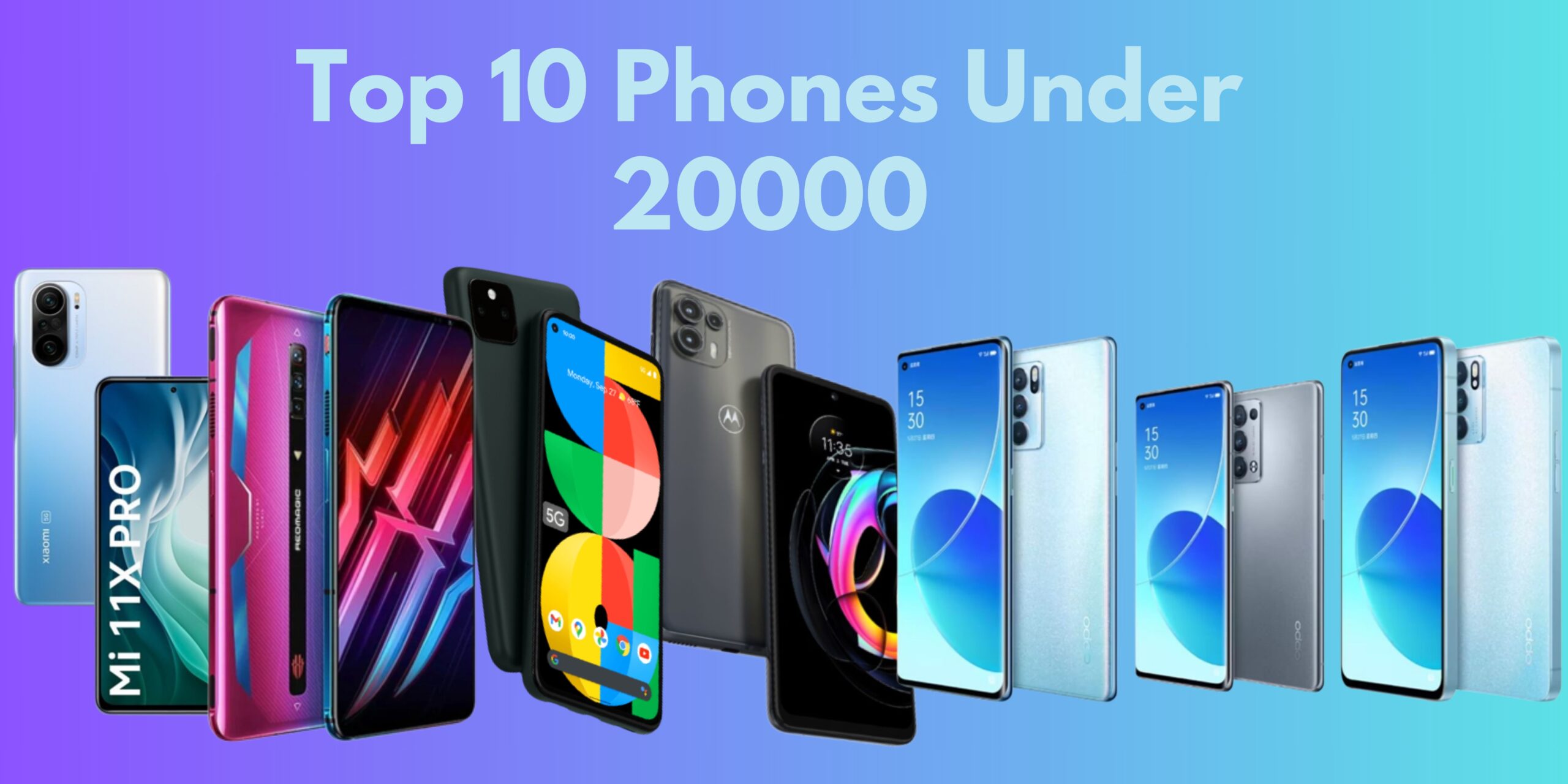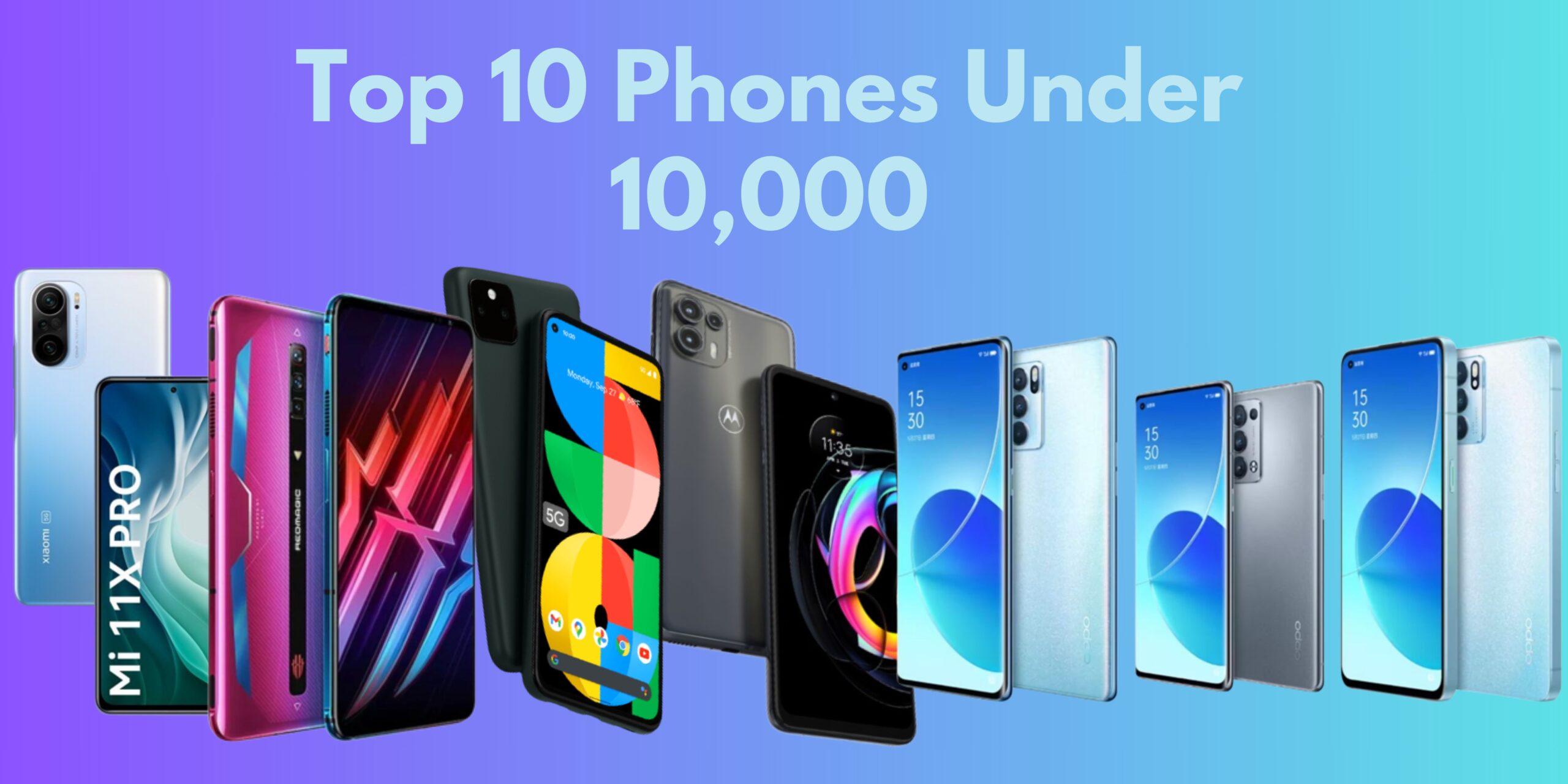Quantum Sensors and their Applications
In the ever-evolving landscape of sensing technologies, quantum sensors emerge as revolutionary instruments, harnessing the principles of quantum mechanics to redefine precision and detection capabilities. This exploration delves into the realm of quantum sensors, unravelling their underlying principles and diverse applications across various scientific and technological domains.
Quantum Sensing Fundamentals
At the heart of quantum sensing lies the exploitation of quantum phenomena, such as superposition and entanglement. Unlike classical sensors, quantum sensors leverage the delicate nature of quantum states to achieve unprecedented precision in measuring physical quantities like time, acceleration, magnetic fields, and more.
Quantum Entanglement in Sensing
One of the most intriguing aspects of quantum sensors is entanglement, a phenomenon where quantum particles become interconnected, regardless of the distance between them. Quantum entanglement enhances the sensitivity of sensors, enabling the measurement of subtle changes in physical properties with unparalleled accuracy.
Applications in Quantum Metrology
Quantum sensors find a natural home in quantum metrology, the science of precise measurement. In this realm, quantum sensors excel in applications demanding ultra-high precision, such as atomic clocks, where they redefine our ability to measure time with extraordinary accuracy. Quantum metrology also extends to gravitational field measurements and inertial sensing.
Quantum Sensors in Magnetic Field Detection
Quantum sensors exhibit exceptional prowess in detecting and measuring magnetic fields. The utilization of atomic properties, such as electrons or nuclear spins, allows for highly sensitive magnetometers. This has applications in geophysical exploration, medical diagnostics, and even the detection of subtle magnetic signals in the brain.
Quantum Sensors in Gravitational Wave Detection
The groundbreaking detection of gravitational waves, a phenomenon predicted by Einstein’s theory of general relativity, has been made possible through the use of quantum sensors. Interferometric setups employing quantum entanglement enable the detection of minuscule distortions in spacetime, opening new frontiers in astrophysics.
Quantum Sensors for Quantum Computing
In the pursuit of scalable and fault-tolerant quantum computing, quantum sensors play a vital role. They enable the readout of qubit states and facilitate error correction, addressing the challenges inherent in building robust quantum computers. Quantum sensors contribute to the advancement of quantum information processing.
Quantum Sensors in Biological Sensing
The sensitivity of quantum sensors extends to the realm of biological sensing. Quantum-based techniques enhance the detection of biomagnetic fields and neural signals, offering non-invasive methods for studying brain activity and advancing our understanding of complex biological systems.
Quantum Sensors in Precision Navigation
In the domain of navigation, quantum sensors redefine precision. Quantum accelerometers and gyroscopes exhibit remarkable sensitivity, enabling precise navigation without the need for external references. This has implications for navigation in GPS-denied environments and contributes to the development of autonomous systems.
Quantum Sensors in Environmental Monitoring
Environmental monitoring benefits from the capabilities of quantum sensors, particularly in detecting minute changes in physical parameters. Quantum sensors are employed in climate research, pollution monitoring, and the study of Earth’s magnetic field variations, providing valuable insights into environmental dynamics.
Quantum Sensors for National Security
The exceptional sensitivity of quantum sensors finds applications in national security. Quantum-based technologies enhance the detection of stealthy submarines, contribute to secure communication systems, and advance the capabilities of surveillance technologies critical for defence and intelligence.
Challenges and Future Prospects
Despite their transformative potential, quantum sensors face challenges related to environmental noise, temperature fluctuations, and the need for ultra-low temperatures in some applications. Overcoming these challenges is crucial for the widespread adoption of quantum sensors in various fields.
A Quantum Leap in Sensing Technology
The advent of quantum sensors marks a paradigm shift in sensing capabilities, offering a quantum leap in precision and detection. From unravelling the mysteries of the universe to enhancing practical applications in navigation and healthcare, quantum sensors usher in a new era of measurement possibilities. As research and development in quantum sensing continues, the impact of these technologies is poised to reshape industries, opening doors to unprecedented levels of accuracy and insight into the intricacies of the quantum world and beyond.


